Events
-
-
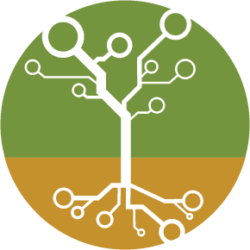 HDSI 123 3234 Matthews Ln, La Jolla, CA, United States
HDSI 123 3234 Matthews Ln, La Jolla, CA, United States -
-

TILOS Seminar: Optimal Quantization for LLMs and Matrix Multiplication
HDSI 123 and Virtual 3234 Matthews Ln, La Jolla, CA, United StatesYury Polyanskiy, MIT Abstract: The main building block of large language models is matrix multiplication, which is often bottlenecked by the speed of loading these matrices from memory. A number of recent quantization algorithms (SmoothQuant, GPTQ, QuIP, SpinQuant etc) address this issue by storing matrices in lower precision. We derive optimal asymptotic information-theoretic tradeoff between […]
-
-

TILOS Industry Day 2025
HDSI 123 3234 Matthews Ln, La Jolla, CA, United States -
-
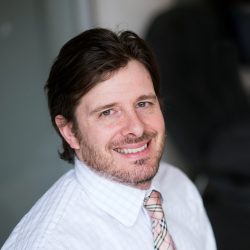
TILOS-HDSI Seminar with Adam Klivans (UT Austin): A New Paradigm for Learning with Distribution Shift
HDSI 123 and Virtual 3234 Matthews Ln, La Jolla, CA, United StatesAdam Klivans, The University of Texas at Austin Abstract: We revisit the fundamental problem of learning with distribution shift, where a learner is given labeled samples from training distribution D, unlabeled samples from test distribution D′ and is asked to output a classifier with low test error. The standard approach in this setting is to […]
-
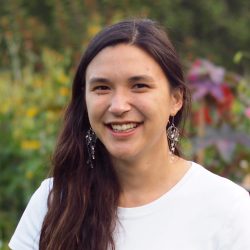
Optimization for ML and AI Seminar with Courtney Paquette (McGill University): High-dimensional Optimization with Applications to Compute-Optimal Neural Scaling Laws
CSE 1242 and Virtual 3235 Voigt Dr, La Jolla, CA, United StatesCourtney Paquette, McGill University Abstract: Given the massive scale of modern ML models, we now only get a single shot to train them effectively. This restricts our ability to test multiple architectures and hyper-parameter configurations. Instead, we need to understand how these models scale, allowing us to experiment with smaller problems and then apply those […]
-

Student and Postdoc Lunch at Zanzibar Cafe
Zanzibar Cafe at UC San DiegoJoin fellow TILOS students and postdoctoral researchers for an informal lunch at Zanzibar Cafe, located on the second floor of Price Center.
-
-

TILOS-HDSI Seminar: AI safety theory: the missing middle ground
HDSI 123 and Virtual 3234 Matthews Ln, La Jolla, CA, United StatesAdam Oberman, McGill University Abstract: Over the past few years, the capabilities of generative artificial intelligence (AI) systems have advanced rapidly. Along with the benefits of AI, there is also a risk of harm. In order to benefit from AI while mitigating the risks, we need a grounded theoretical framework. The current AI safety theory, […]
-
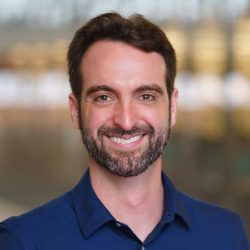
TILOS-SDSU Seminar: Certifiably Correct Machine Perception
Lamden Hall 341 (SDSU) and Virtual San Diego, CA, United StatesDavid Rosen, Northeastern University Abstract: Many fundamental machine perception and state estimation tasks require the solution of a high-dimensional nonconvex estimation problem; this class includes (for example) the fundamental problems of simultaneous localization and mapping (in robotics), 3D reconstruction (in computer vision), and sensor network localization (in distributed sensing). Such problems are known to be […]
-
-

Workshop on Topology, Algebra, and Geometry in Data Science (co-located with NeurIPS 2025)
UC San Diego La Jolla, CA, United StatesWe are thrilled to announce the first official TAG-DS Stand-Alone Event--TAG... We're it! This will be a two day event, December 1 & 2, 2025, featuring keynotes, poster sessions, spotlight talks, collaboration activities, and community development. The dates and location were selected to align with NeurIPS 2025--twice the fun! The event will be hosted on […]
-
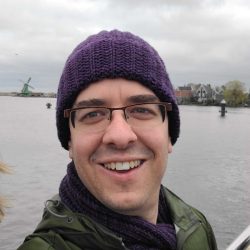
TILOS-SDSU Seminar: 95 Percent: Bridging the Gap Between Prototype and Product
Lamden Hall 341 (SDSU) and Virtual San Diego, CA, United StatesJeremy Schwartz, Zoox Abstract: When transitioning from the academic world to the professional world of engineering, one of the most common pitfalls is failing to understand the difference between a compelling prototype and a successful product. This talk will focus on that distinction. We will discuss the differences between them, and the work required to […]
